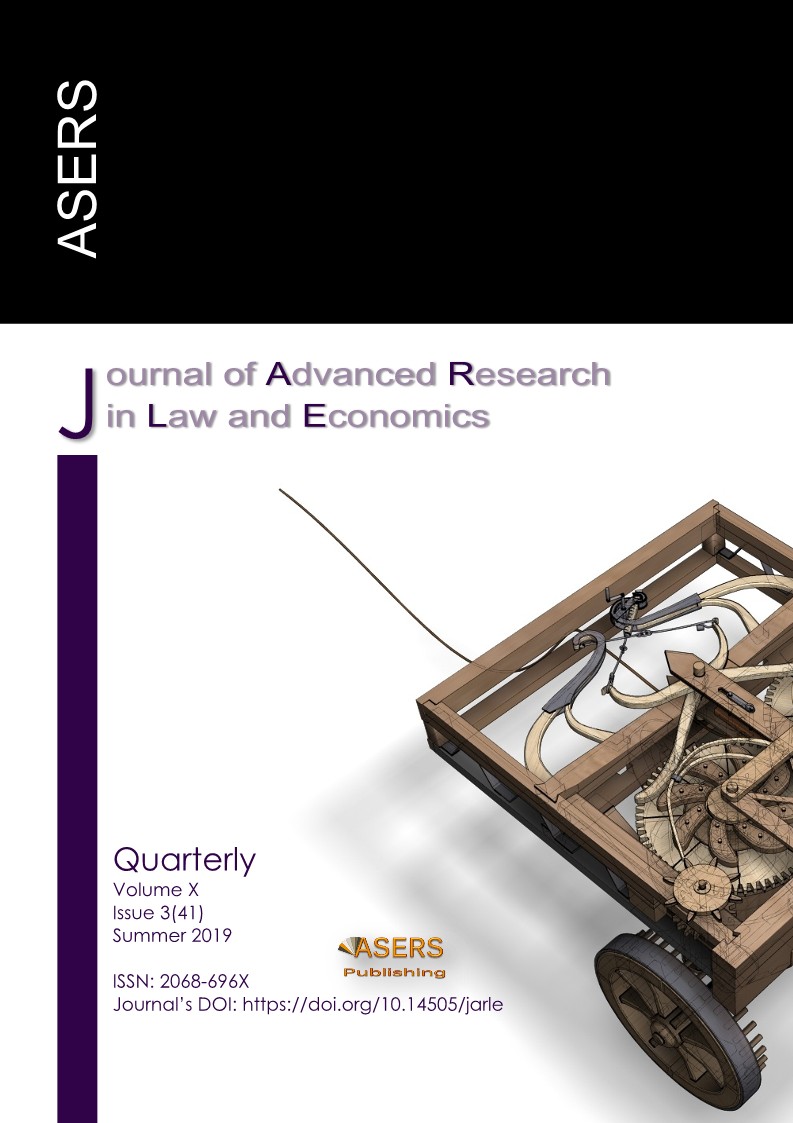Ideal Setting of Investigation Authority in the Context of Eradicating Indonesian Corruption in the Perspective of Ius Constituendum
Ideal Setting of Investigation Authority in the Context of Eradicating Indonesian Corruption in the Perspective of Ius Constituendum
Author(s): SUKMARENI SUKMARENI, Ujuh JUHANASubject(s): Law, Constitution, Jurisprudence, Government/Political systems, Corruption - Transparency - Anti-Corruption
Published by: ASERS Publishing
Keywords: investigation authority; ideal setting; eradication of corruption;
Summary/Abstract: This study aims to analyze about (1) the regulation of the authority to investigation corruption in Indonesia (2) the ideal arrangement of investigative authority in the context of efforts to accelerate the eradication of criminal acts of corruption in the ius constituendum perspective in Indonesia. This legal research is descriptive, uses a normative juridical approach, uses legal material relating to research problems as the main material, supported by interviews and data on the conduct of investigations by the three authorized institutions to help sharpen qualitative analysis of the implications of ideal arrangements regarding the authority of investigations against eradicating existing corruption. Based on the research it was found that (1) the investigation of corruption in Indonesia, gave authority to three institutions to carry out investigations, namely the Police, the Prosecutor's Office and the Corruption Eradication Commission (KPK), with unequal authority where the KPK's authority was wider than the authority The Police and the Attorney General's Office are seen in the authority of supervision, coordination, wiretapping, confiscation and others, and are administratively still individual. (2) The ideal setting of the authority of investigation in the context of efforts to accelerate the eradication of criminal acts of corruption in the perspective of ius constituendum is still given to three institutions, namely the Police, Prosecutor's Office and the Corruption Eradication Commission, with strict regulations on authority and giving the same authority to all three institutions setting up coordination mechanisms in a better direction and integrated monitoring systems are not as fragmented as they are now.
Journal: Journal of Advanced Research in Law and Economics (JARLE)
- Issue Year: X/2019
- Issue No: 41
- Page Range: 932-939
- Page Count: 8
- Language: English
- Content File-PDF

